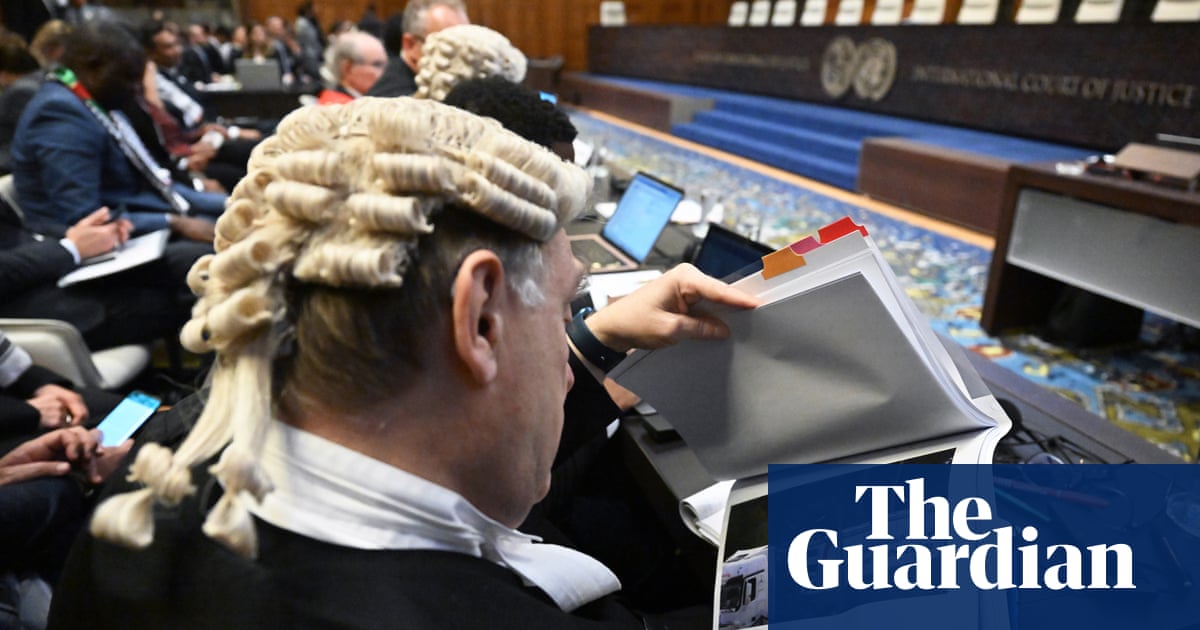
The economic crime bill, or to give its formal title, the economic crime (transparency and enforcement) bill, was rushed through the Commons on Monday. Here’s what it is and what it is meant to do.
What is the bill?
In broad terms, it is meant to make life more difficult for people seeking to hide wealth in the UK, particularly those doing so from overseas, including criminals and those – such as Russian oligarchs – who might be seeking to shelter illicitly acquired money, particularly through property purchases.
The bill had been repeatedly delayed, and after ministers were unable to guarantee it would even appear in this session of parliament there was recent speculation it might have been dropped.
But following Russia’s invasion of Ukraine, and the focus on Russian money in the UK, it was tabled last week and its Commons stages were fast-tracked on Monday.
What is its main provision?
It is to set up a register of overseas entities, which would be a list of the ultimate owners of property or land in the UK bought by overseas individuals or companies.
Currently, many expensive properties, especially in London, are owned by opaque shell companies based overseas.
The register, to be updated annually, would oblige a company to declare who the “beneficial owner” is, meaning the person who ultimately owns or controls an asset. Failure to properly register such details will be a criminal offence, with a potential punishment of up to five years’ jail.
How effective will this be?
While this is a change that opposition parties and campaigners have long pushed for, there are concerns about some elements. One worry is that existing owners will have up to six months to register, potentially allowing people to dispose of or transfer illicit assets. The bill puts this grace period at an even higher 18 months, but after pressure from Labour and others, a government amendment will reduce it to six.
Labour has called for it to be 28 days. There are also concerns that some owners could claim exemptions, and that there is a parallel need for better UK companies records.
What else will the bill do?
It is also toughening up the regime for unexplained wealth orders, which can oblige people suspected of acquiring wealth through criminal or illicit means to explain how they did so.
Changes include expanding the range of people who can be subject to an order, to cover company directors, and to increase the grounds under which an order can be granted.
While the orders can be effective, only four have been imposed since they were introduced in 2018, and none since Boris Johnson become prime minister.
What about sanctions?
Further provisions in the bill will make it easier for ministers to sanction individuals, for example removing the requirement that those targeted must have known or suspected that they breached sanctions law.
Ministers have faced criticism for the fact that the UK has so far sanctioned many fewer people accused of connections to Russia and Vladimir Putin than have the US and EU.
What about new rules for company records?
There has been a parallel plan to toughen rules by which companies are registered at Companies House, and Labour has called for some of these, such as identity checks for directors, to be included in the economic crime bill.
This is not going to happen, although the government has pledged to push ahead with its separate proposals on company records. Labour has tabled an amendment calling for this to happen inside 28 days.
What happened in parliament?
The bill has widespread support from opposition parties, but many MPs are unhappy about loopholes in the text that they fear may allow wealthy foreign property owners to delay or circumvent the transparency requirements.
Several cross-party groups of MPs laid amendments saying they want to scrap exemptions from disclosure if it is not in the interests of the UK economy and to speed up the timetable for revealing the identity of owners.
Ministers have indicated that they will consider making some changes to toughen it up before the legislation reaches the Lords but it remains to be seen exactly what they will offer.
One of the likely concessions is a move to force people to reveal their identity at the point they are selling or transferring an asset if that falls in the six-month grace period.












